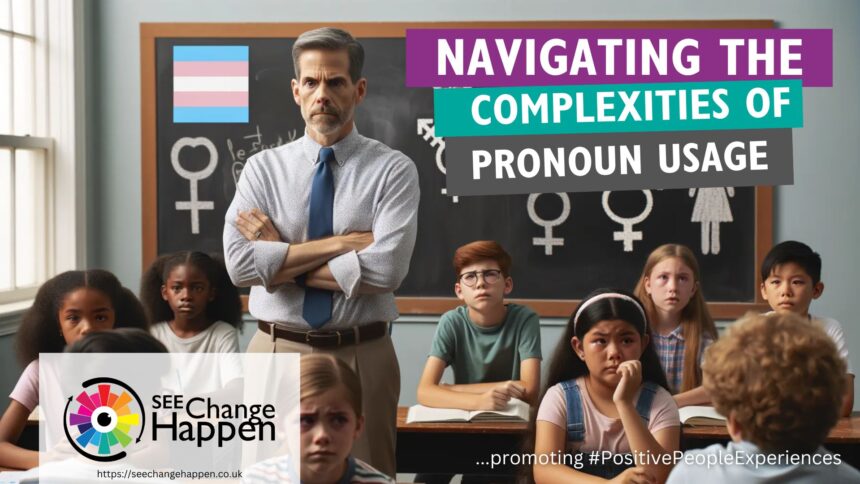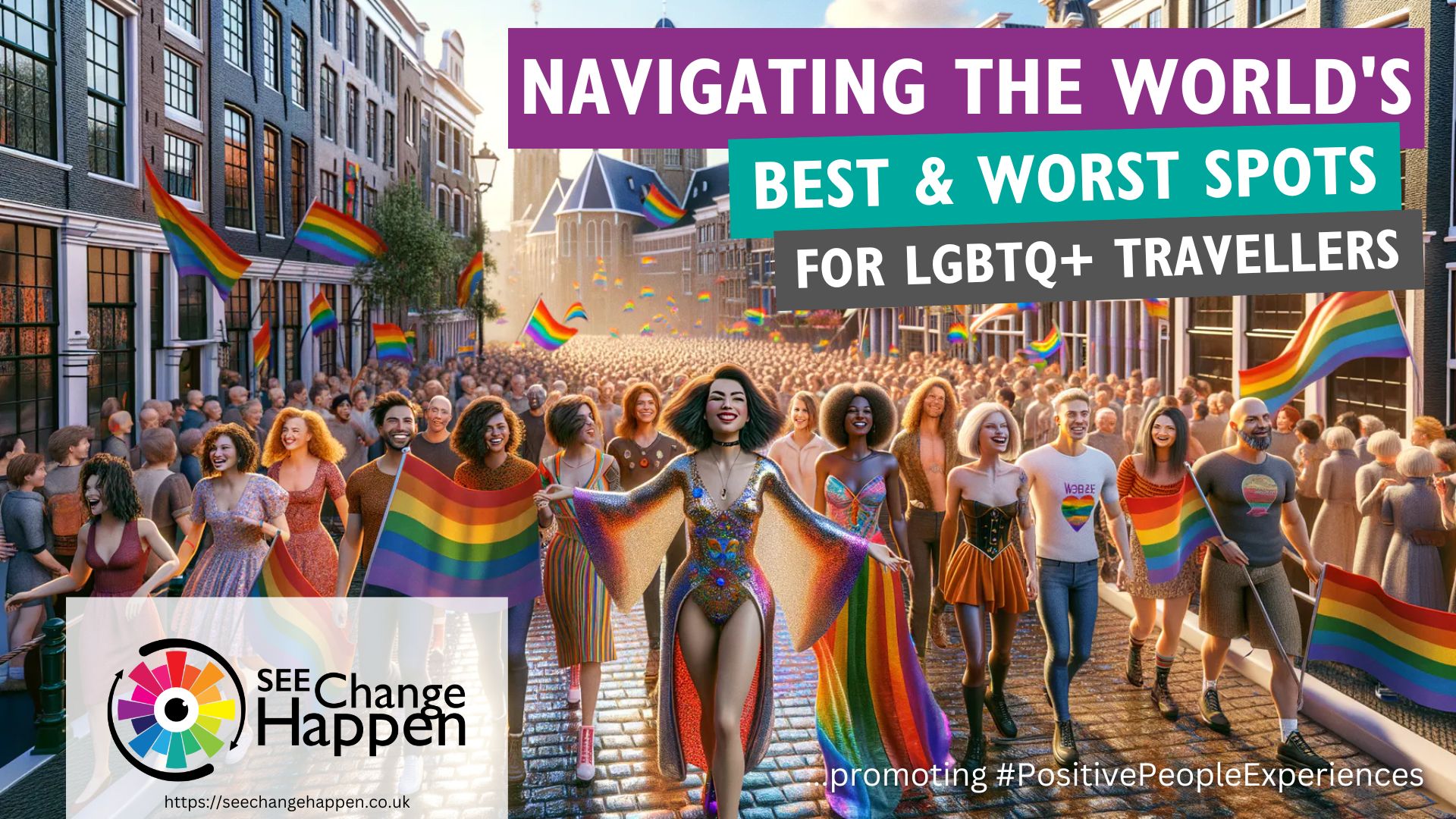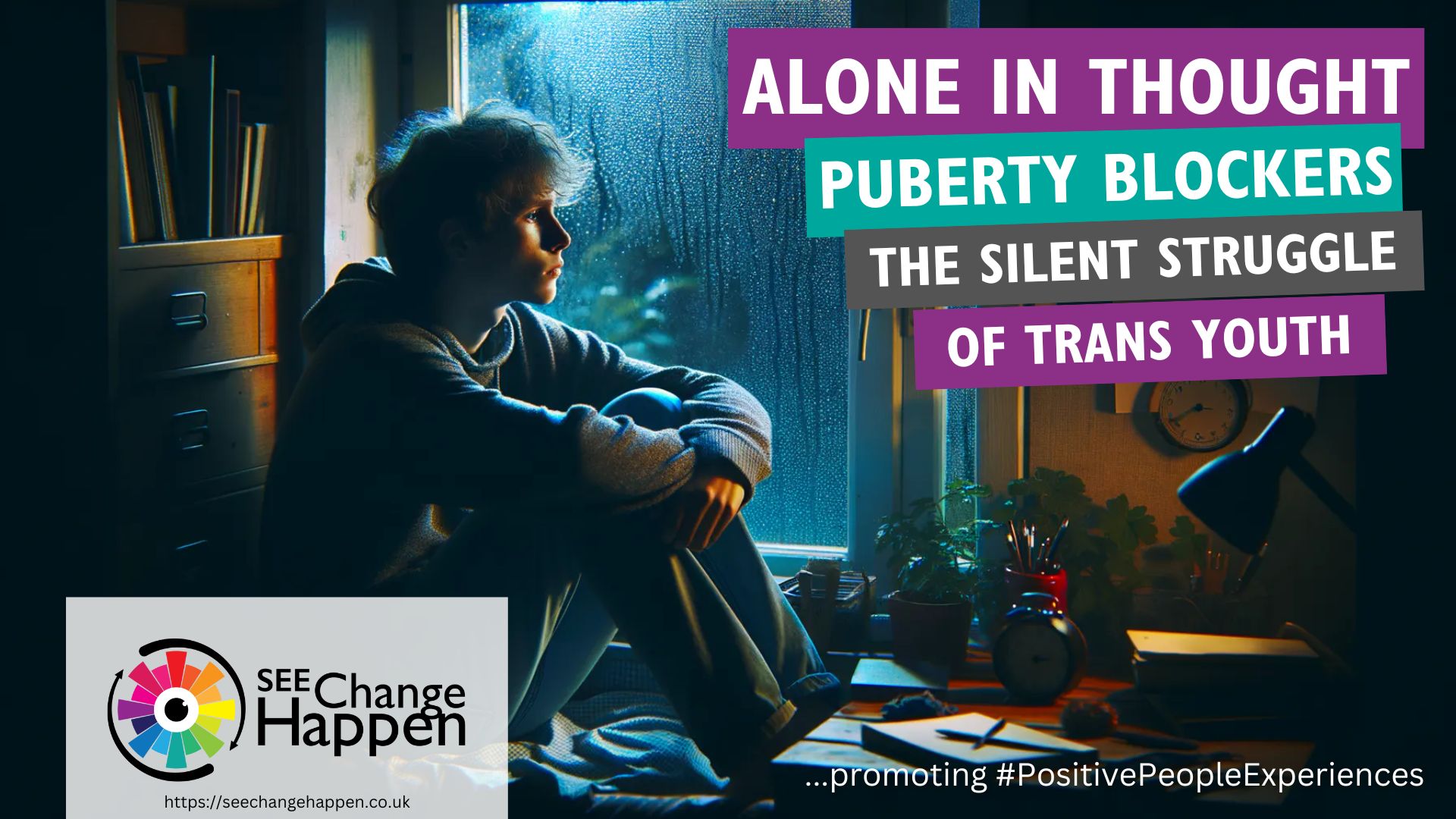In a society where the understanding and recognition of diverse gender identities are growing, the significance of pronoun accuracy and respect in communication has never been more pronounced. While many individuals strive to honour the preferred pronouns of others, slips can and do happen, causing discomfort and sometimes distress among those at the receiving end. Additionally, there exists a deeply concerning practice of intentional misgendering, often justified by religious convictions or gender-critical ideologies, which further complicates the landscape of gender identity and language.
This comprehensive blog post seeks to dissect the multifaceted challenges of pronoun usage, shedding light on unintentional slips and the unacceptable nature of deliberate misgendering, with the aim of fostering a more inclusive and understanding communal dialogue.
Exploring the Intricacies of Pronoun Usage and Missteps
A Closer Look at Linguistic Habit and Cognitive Load
Language, with its intricate structures and rules, is a fundamental component of human interaction. For many, the use of gender-specific pronouns has been a long-standing practice, deeply embedded within the fabric of societal communication. Changing this ingrained habit to accommodate the diverse spectrum of gender identities requires a deliberate, conscious effort. The challenge is exacerbated by the cognitive load involved in this process.
Adapting one’s language to align with someone’s identity involves mental agility and the reshaping of neural pathways accustomed to traditional gender binaries. This cognitive effort is a testament to the complexity of human language processing and highlights why pronoun slips are more common than many might expect.
Intentional Misgendering: Recognising and Addressing Harm
While many pronoun slips are the result of ingrained linguistic habits and cognitive complexities, it is essential to differentiate these from the deliberate act of misgendering. Intentional misgendering, often rationalized by religious beliefs or grounded in gender-critical views, is a direct affront to the identity and dignity of individuals. This behavior not only undermines the efforts towards creating an inclusive society but also perpetuates a cycle of exclusion and invalidation. Addressing this issue requires more than just individual diligence; it calls for a collective reevaluation of our societal attitudes and an unwavering commitment to empathy and respect.
Strategies for Cultivating Respectful and Accurate Pronoun Usage
The Path to Linguistic and Cognitive Adaptation
Embracing the complexity of pronoun accuracy is the first step towards meaningful change. By acknowledging the cognitive and linguistic challenges involved, individuals and communities can approach these hurdles with patience, empathy, and a genuine willingness to learn and adapt.
Promoting Mindfulness and Active Efforts for Change
- Engage in Active Learning: Dedicate time to educate yourself about the diverse range of pronouns and their significance to individuals’ identities. Awareness and understanding are key to fostering respect and empathy.
- Normalize Pronoun Sharing: Incorporate the practice of sharing pronouns in daily interactions, social media profiles, and email signatures. This simple act can significantly reduce assumptions and promote a culture of inclusivity.
- Practice, Apologise, and Correct: Regularly practicing the correct use of pronouns, swiftly apologising for any slip-ups, and making immediate corrections are crucial steps in showing respect and commitment to inclusivity.
- Advocate and Educate: Beyond personal practice, engage in advocacy and education within your communities. Challenge intentional misgendering and provide resources and support for understanding and embracing gender diversity.
The journey toward fully inclusive and respectful communication is ongoing, underscored by the challenges and complexities of adapting our language to recognize and honor the diverse spectrum of gender identities. By understanding the nature of pronoun slips, actively confronting intentional misgendering, and employing strategies to enhance pronoun accuracy, we can contribute to building a more empathetic, understanding, and inclusive society. The path to change is paved with education, practice, and a commitment to respect and dignity for all, regardless of gender identity.
#PronounPrecision, #GenderInclusivity, #MindfulCommunication, #LinguisticChange, #InclusiveSociety, #RespectingIdentities, #ActiveLearning, #NormalizationOfPronouns, #AdvocacyForChange, #EmpathyAndUnderstanding






